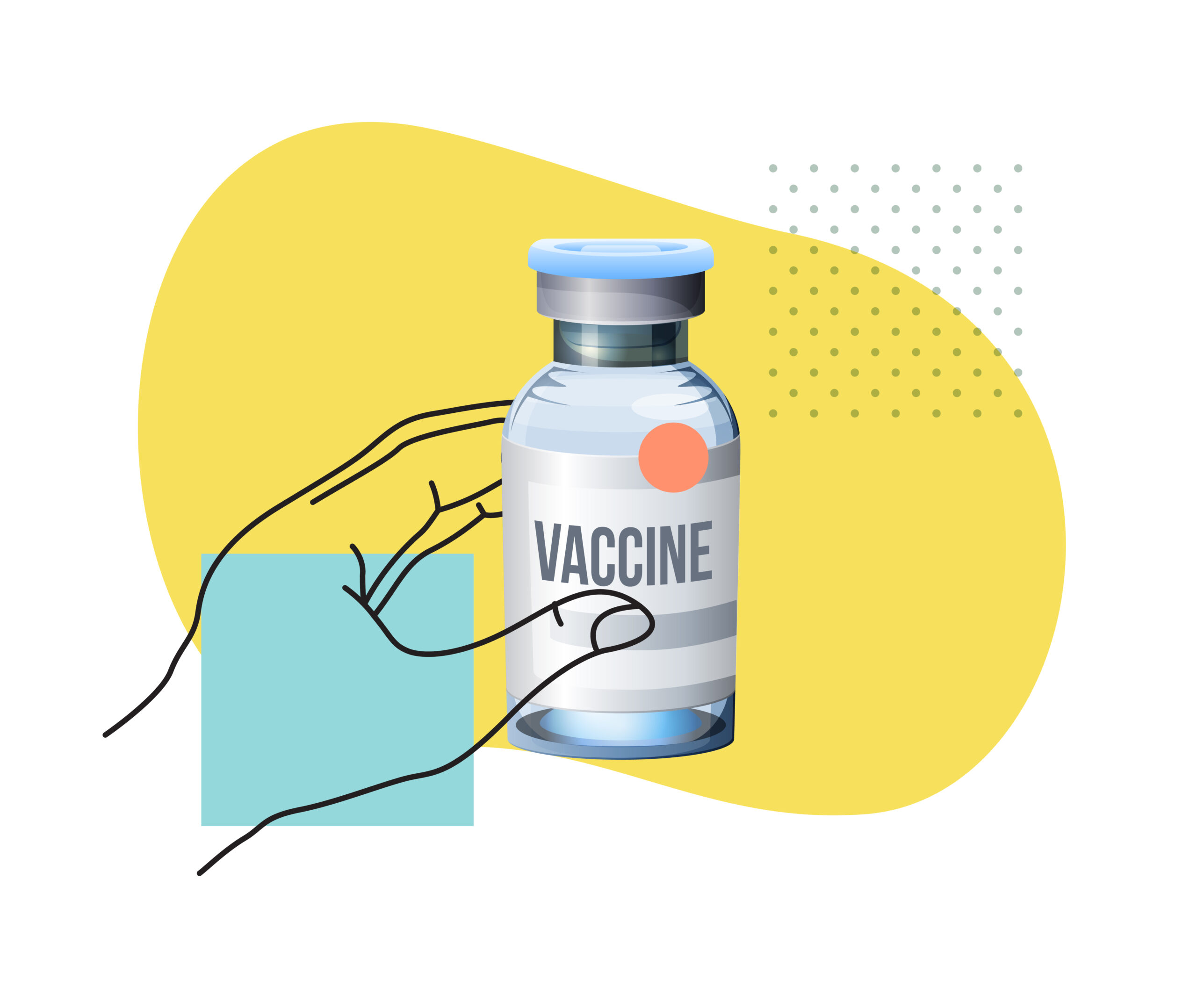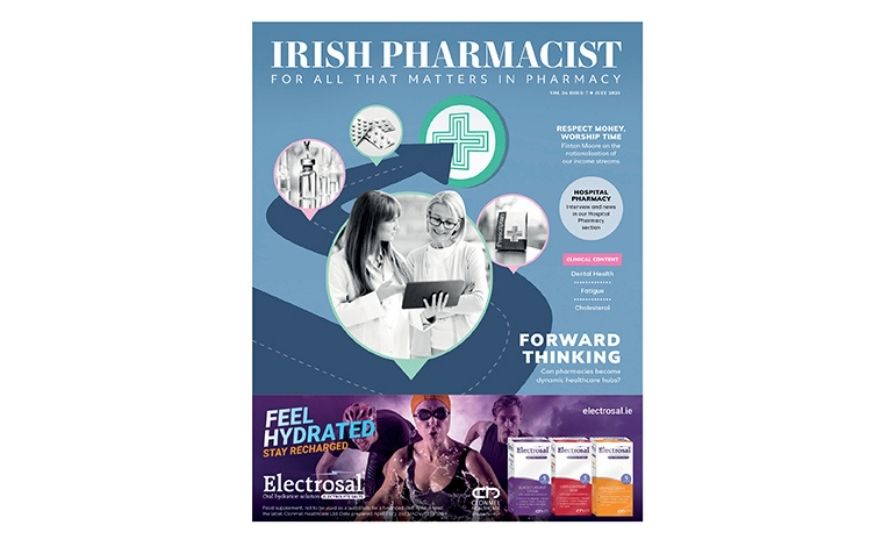Terry Maguire shares his experiences of administering the Covid vaccine in his pharmacies
Wednesday and Saturday for the past eight weeks have been vaccination days in the pharmacy. The Community Pharmacy Covid-19 Vaccination Service (CPCV) in N Ireland was launched at the end of March and 340 out of our 525 pharmacies signed-up. It’s a well-planned service and pharmacists have considerable clinical freedom to get those in the defined cohorts vaccinated as soon as possible and by any means fair or foul, but with one key requirement — no wastage of the precious vaccine!
We get 10, 4ml AstraZeneca Covid-19 vaccine vials at a time, each vial with eight 0.5ml shots. So to avoid wastage and let the dispensary day job continue, we plan clinics that aim for 18 patients a day (two vials), knowing there is really nine shots in a vial and some clients will not turn up (DNAs). In the beginning, this strategy worked and once, we had a three-vial day with 27 vaccinated and no wastage. It might seem modest but with 340 pharmacies in the programme, the capacity of community pharmacy could be conservatively estimated at 40,000 vaccinations a month.
It’s truly a great feeling to be actively at the heart of one of the most impressive clinical interventions ever. Deaths from Covid-19 across N Ireland have fallen like an alcoholic trapped overnight in a brewery. We started our service at the end of March, first jabbing the over-50s, who are a pretty compliant bunch; the fag-end of the Baby-Boomers, a group still with a vestige of peace and love and a modicum of social conscience. They turn up, they turn up on time, they present their deltoid muscles and they don’t moan. They know that the vaccine they will get is for them, but it is also for others.
Then the age cohorts dropped to the over-45s, then the over-35s, and finally the over-30s, the Millennials. As we descended the age groups, resistance to vaccination increased exponentially. Younger vaccinees, the cohort that includes my children, were petty, self-obsessed and risk-averse and boy, does a lure-fitted needle put the fear of God into them. What a bunch of ninnies and as a parent, I accept my responsibilities for this.
The task of engaging the public generally and bringing them to my vaccine clinics was harder than I imagined. Many in the younger cohorts are expecting the health service to invite them, rather than taking the initiative and booking a slot for themselves.
In early May, against this backdrop of age-related vaccine hesitancy, the UK Vaccination Board (JCVI) lobbed a grenade into vaccine public confidence. Rare clotting disorders associated with the AZ vaccine were not going away. The UK medicine regulator, MHRA, investigated 279 cases linked to 45 deaths out of 27 million vaccinations. This is roughly a risk of one clotting event in 100,000 vaccinations and one death in 500,000 vaccinations, and none has been associated with the second vaccination. This story, according to the media editors, was worthy of headlines for about four days, just as the 30-somethings were coming to the realisation that they might need a vaccine certificate to drink in the pub or dance in Ibiza and thus found the motivation to come forward.
There was an immediate impact. After the news was announced, I had five DNAs out of 18 booked. They simply didn’t turn up. I phoned the first 10 on my emergency back-up list, but all had heard the shocking news and were now waiting for the Pfizer vaccine. We couldn’t offer the Pfizer vaccine, I explained to each of them, because to provide it would require a fridge that could freeze a penguin.
Rather than get angry and act like the ageing and embarrassing grandfather I am, I thought it might be good to use innovative ways to communicate this infinitesimally small risk to an age cohort that, it seemed to me, had little insight into the depth of their numerical, mathematical and statistical ignorance. How might I explain to misguided youth and quell their concerns?
The risk of one dying from a vaccine blood clot is similar to getting killed by lightning. The risk of dying from drinking alcohol is similar, at one-in-800,000, as is drowning in the bath — a swimming pool is way more risky, with a drowning risk of one-in-450,000 and the riskiest thing they could ever do is to get into a car, as the risk of being killed in a road traffic accident is one-in-17,500.
So my cunning plan was to simply say, ‘if you are so worried about risk, why drink alcohol, take a regular bath, walk in a park when there are clouds in the sky or get into a car?’ When I first tried this argument on an indifferent Goth with an unfortunate piercing in her left nostril, I was impressed by her reply. She told me that for her, a young woman in her 30s, the risk of dying from Covid-19 is one-in-500,000, so why would she want to get vaccinated, as this is the same as the blood-clotting risk. Not so ignorant. Seems I might be wasting more of my precious vaccine than I care to.








